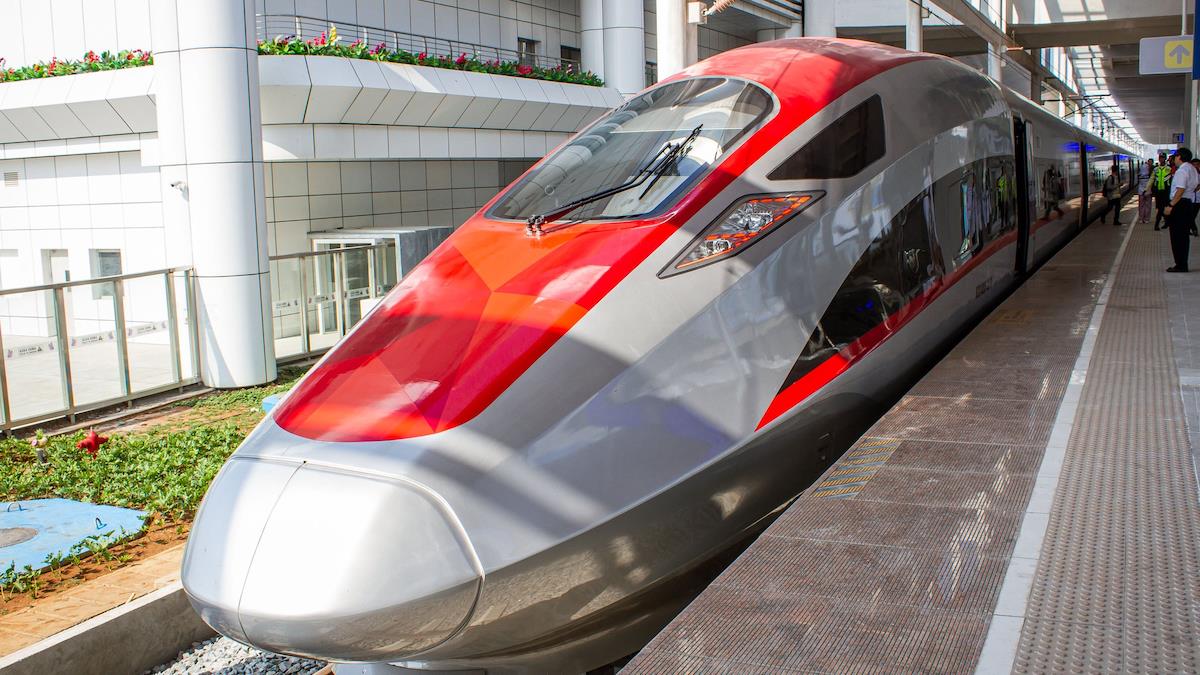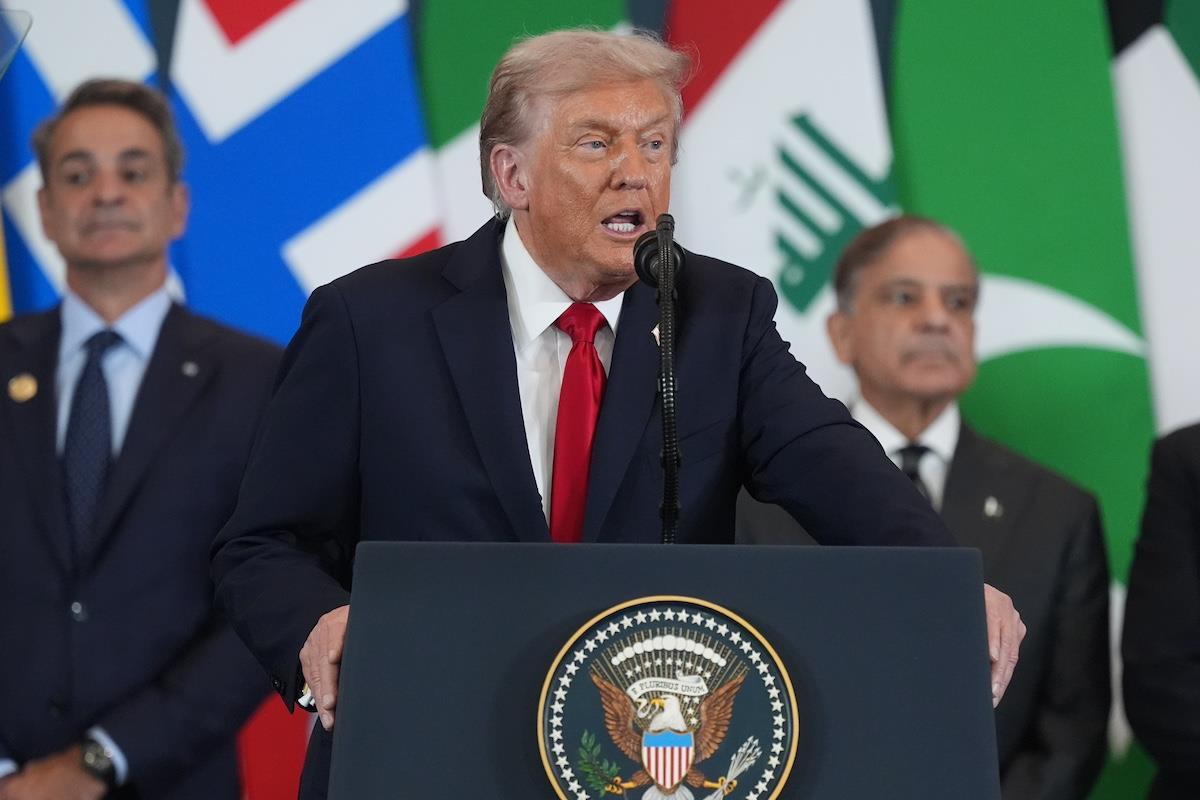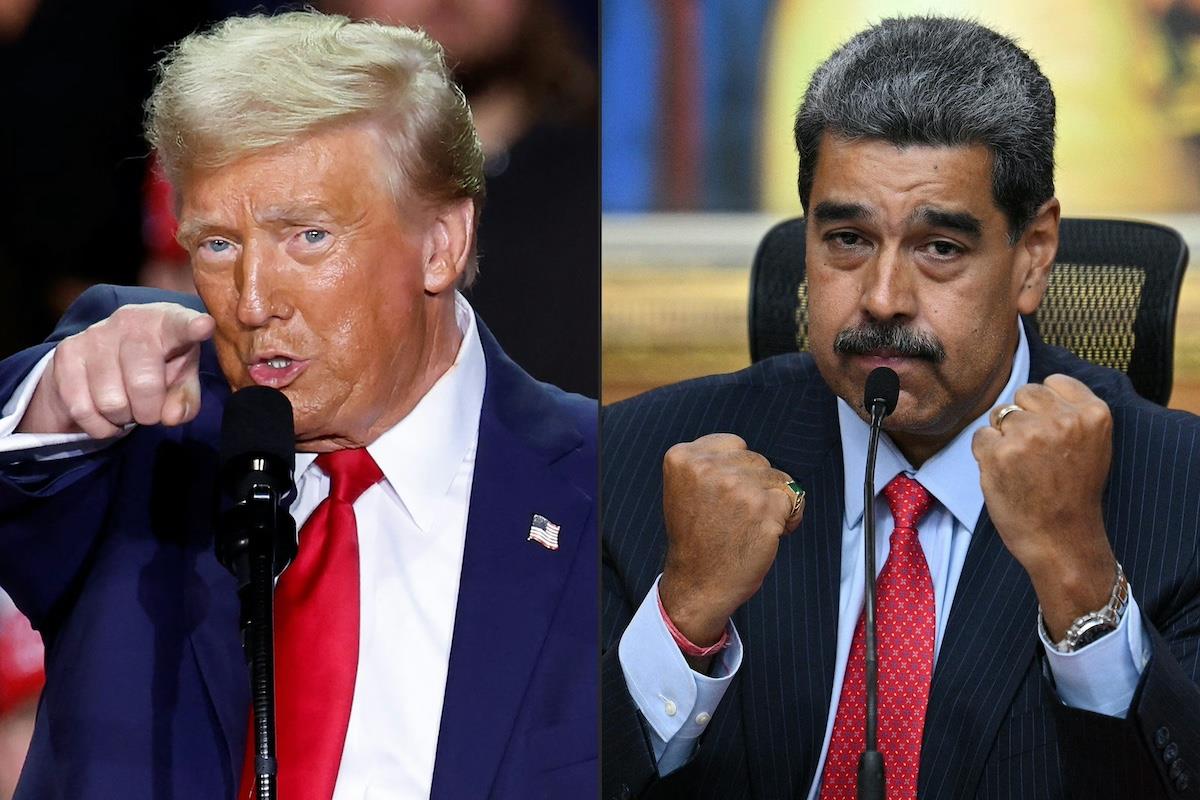
US Hidden War On Venezuela Shifts From Covert To Overt
It began almost anonymously, with a drone and a drifting wooden boat somewhere in the Caribbean. These boats are the region's background noise-used by fishermen, smugglers and anyone who knows a coastline better than a government map.
In normal times, US forces intercept and inspect them. This time, the drones simply blew them out of the water. One boat, then another, and another. Fourteen strikes in a matter of weeks.
The administration insisted it was targeting cartel traffickers. Maybe. But the geography didn't add up. Cocaine doesn't typically migrate through those waters; its arteries run through Colombia, Peru, Bolivia, Mexico-overland or across the Pacific.
What Trump labeled a counter-narcotics surge was in reality the opening salvo of something else: a pivot toward the Caribbean theater, with Venezuela at the center of the crosshairs.
Monroe Doctrine rebornBy October, the façade was collapsing. Washington deployed its most advanced aircraft carrier to the region and quietly authorized CIA activity inside Venezuelan borders.
In diplomatic terms, this was the equivalent of shoving all the furniture against the door before a storm. The message was unmistakable: the next drone strike might not hit a wooden boat. It might hit a flag.
Why Venezuela? There's a long and tortured answer, and a simpler one. The long answer involves oil, specifically the world's largest proven reserves. It involves a regime that swapped crude for security guarantees from Moscow and infrastructure loans from Beijing.
Latest stories
China-backed Whoosh rail locks Indonesia in a financial bind

Trump's Gaza 'mandate' and the mirage of global legitimacy

Truth on Myanmar finally prevails in US Congress
It includes Russian bombers landing at Venezuelan airbases and Chinese financiers keeping the lights on in Caracas. It even includes Nicolas Maduro's recent desperation, offering US firm majority stakes in his country's oil industry, a humiliating concession Washington promptly dismissed.
But the simpler answer is power. The Trump administration may have adapted to the idea of a multipolar world, but it will not tolerate multipolarity in the Western Hemisphere. The Monroe Doctrine, a relic by any diplomatic standard, has found new life in Washington's strategic imagination.
And Venezuela-broke, isolated, and politically radioactive-has become the test case. What happens to a government in America's backyard when it strays too close to Moscow and Beijing? Trump seems eager to provide the example.
If the diplomatic backchannels were ever real, they collapsed by mid-October. The head of the U.S. Southern Command stepped down two years early-a sign that Washington wanted a more aggressive hand on the controls.
Soon after came the muscle: more than 10,000 marines and sailors deployed across the Caribbean, accompanied by an arsenal of naval and air platforms that would embarrass any previous“anti-cartel” operation. Anti-cartel missions do not require F-35s, B-52s, or the Gerald R Ford carrier group.
Nor do they require covert operations, although those arrived too. Caracas claims it caught CIA-linked operatives planning a false-flag attack on a US warship to manufacture a casus belli.
In another episode, the FBI allegedly tried to bribe Maduro's personal pilot to divert his plane mid-air so US agents could snatch the Venezuelan president and claim the $50 million bounty on his head. It sounds like pulp fiction, except it fits neatly into a tradition of Cold War theatrics Washington once perfected in Latin America.
Military mismatch with dangerous temptationsFor now, the covert phase seems to be stalling, which raises the unsettling question of what comes next. The US has massed the largest naval presence in the Caribbean since the Cuban Missile Crisis.
Former Cold War infrastructure-including bases in Puerto Rico and the Virgin Islands-is being revived. Reaper drones stand ready on Puerto Rican tarmacs. New shelters and taxiways suggest preparations for extended operations. These are the logistical rituals a superpower performs before it starts dropping things on people.
And the target, should it come to that, is deeply vulnerable. Venezuela's military is big on paper and brittle in reality. Years of corruption have hollowed it out. Russian-made Su-30s sit idle, cannibalized for parts. Aging F-16s remain grounded. Supply chains exist only in theory. The forces that parade for state television are not the forces that withstand a carrier strike group.
Moscow has offered gestures-cargo planes, advisors, a few Wagner mercenaries. But gestures do not offset America's naval superiority, nor will Russia divert real resources while it remains entangled elsewhere. If Washington wanted to eliminate Venezuela's military infrastructure, it could do so in days. Maybe hours.
Real war begins after Maduro fallsBut here is where strategy collides with reality. Toppling Maduro would not end the story; it would start the sequel. Chavez spent years arming civilian militias, importing AK-47s by the hundreds of thousands and eventually opening a factory to manufacture them locally.

Sign up for one of our free newsletters
-
The Daily Report
Start your day right with Asia Times' top stories
AT Weekly Report
A weekly roundup of Asia Times' most-read stories
No one knows the exact number, but estimates reach half a million rifles distributed among gangs, loyalist groups, and neighborhood militias-each one a potential warlord in waiting.
Remove the regime, and those guns won't vanish. They will disperse. Fragment. Reorganize under new loyalties. The country would quickly slide into the kind of atomized violence that has consumed Libya, Syria, and parts of Iraq-conflicts where the initial military victory turned out to be the easy chapter, not the hard one. Even a“successful” US campaign could produce a catastrophic vacuum, a bloodbath of unintended consequences.
Which raises the uncomfortable truth at the center of this slow-motion crisis: Washington may already be fighting a war it hasn't admitted to itself. It is a war waged by drones, naval posturing, covert stunts and strategic suffocation. A war justified as anti-narcotics but driven by geopolitics. A war that might escalate not by decision, but by drift.
History has shown that great powers rarely stumble into conflict with weak states by accident. They move with purpose, even when the purpose is cloaked. And history has also shown that removing a dictator is child's play compared to rebuilding a broken nation.
America may soon demonstrate the first. It has shown little evidence that it is prepared for the second.
M A Hossain is a senior journalist and international affairs analyst. He can be reached at: ...
Sign up here to comment on Asia Times stories Or Sign in to an existing accounThank you for registering!
An account was already registered with this email. Please check your inbox for an authentication link.
-
Click to share on X (Opens in new window)
Click to share on LinkedIn (Opens in new window)
LinkedI
Click to share on Facebook (Opens in new window)
Faceboo
Click to share on WhatsApp (Opens in new window)
WhatsAp
Click to share on Reddit (Opens in new window)
Reddi
Click to email a link to a friend (Opens in new window)
Emai
Click to print (Opens in new window)
Prin

Legal Disclaimer:
MENAFN provides the
information “as is” without warranty of any kind. We do not accept
any responsibility or liability for the accuracy, content, images,
videos, licenses, completeness, legality, or reliability of the information
contained in this article. If you have any complaints or copyright
issues related to this article, kindly contact the provider above.


















Comments
No comment